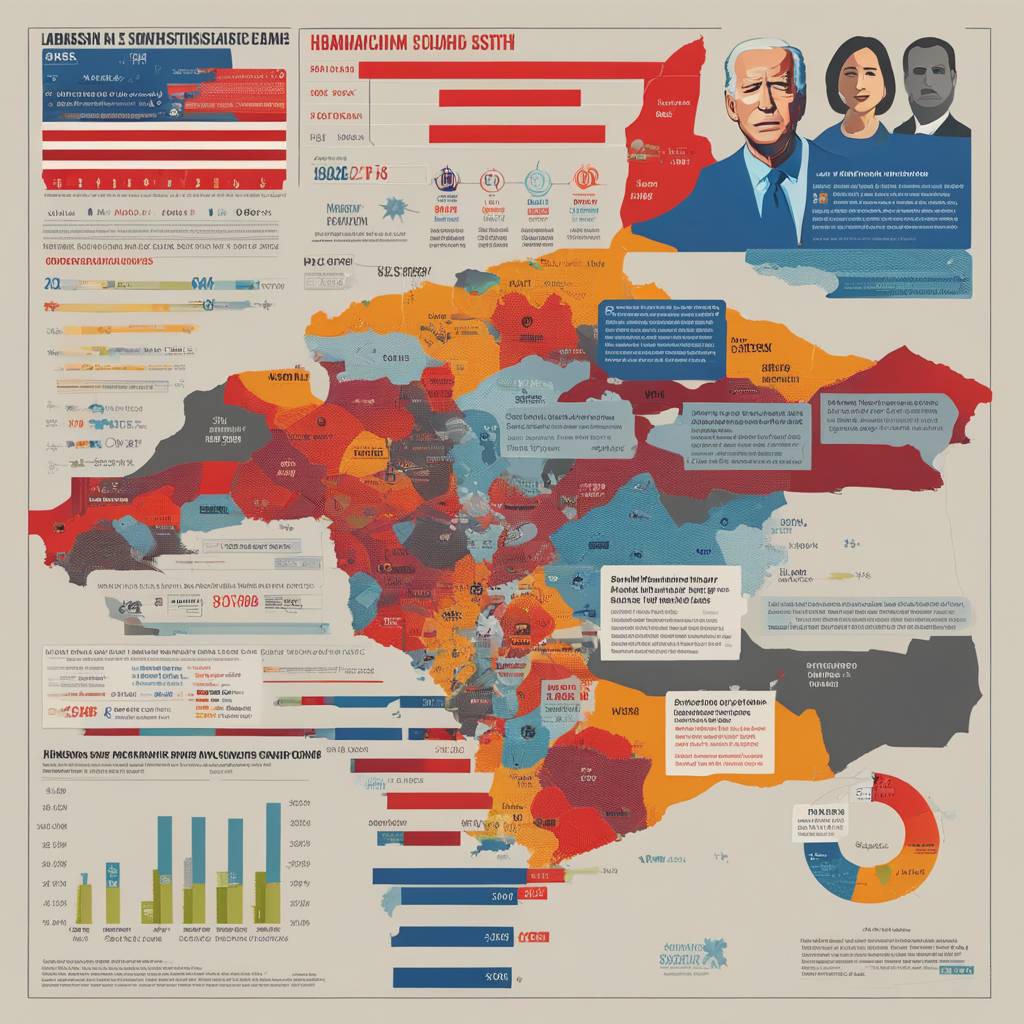During President Biden’s State of the Union speech, he referenced the Gaza death count provided by the Hamas-run ministry of health, stating that some 30,000 deaths had occurred. These figures have been called into question by Abraham Wyner, a statistician from the University of Pennsylvania, who has uncovered inaccuracies in the numbers. Wyner’s analysis has challenged the casualty claims made by Hamas, which have been accepted by the Biden administration, the U.N., and many major media organizations.
Wyner’s scrutiny of the data has revealed discrepancies in the casualty figures reported by Hamas, particularly in relation to the number of women and children who were said to have died during the conflict. His findings contradict the claims made by Hamas regarding the demographics of the casualties. He also highlighted the lack of variability and correlation in the data, which raised doubts about the authenticity of the numbers provided by Hamas.
The U.S. State Department has acknowledged the tragedy of civilian deaths during the conflict but did not refute Wyner’s findings. President Biden initially expressed doubts about the death toll figures in Gaza but later adopted the numbers provided by Hamas, only to retract them subsequently. Wyner emphasized the importance of accurate data in conflict situations, especially concerning civilian casualties, and warned against the manipulation of information for political purposes.
Critics have accused legacy news organizations and politicians of failing to differentiate between civilians and Hamas terrorists who were killed during the conflict. They have also raised concerns about the reliability of the casualty figures provided by a terrorist organization with a history of fabricating death tolls. Wyner cited a report from 2011 that revealed Hamas had inflated the number of its fighter losses during a previous conflict, highlighting the organization’s lack of credibility in reporting casualties.
The United Nations relies on the Health Ministry in Gaza for casualty figures, as it is challenging to verify the data independently on a day-to-day basis. Critics have pointed out the dangers of relying on information from a source controlled by a terrorist organization and have called for greater scrutiny of the numbers being reported. Wyner emphasized the need for accurate and verifiable data in conflict situations to prevent misinformation and manipulation of public opinion for political gain.
Wyner’s analysis has shed light on the discrepancies in the casualty figures reported by Hamas and has raised questions about the authenticity of the numbers provided during the conflict. He highlighted the importance of transparency and accuracy in reporting casualties to prevent the manipulation of information for political purposes. As the conflict in Gaza continues, it is crucial to ensure that the data being used to assess the impact of the violence is credible and reliable.


